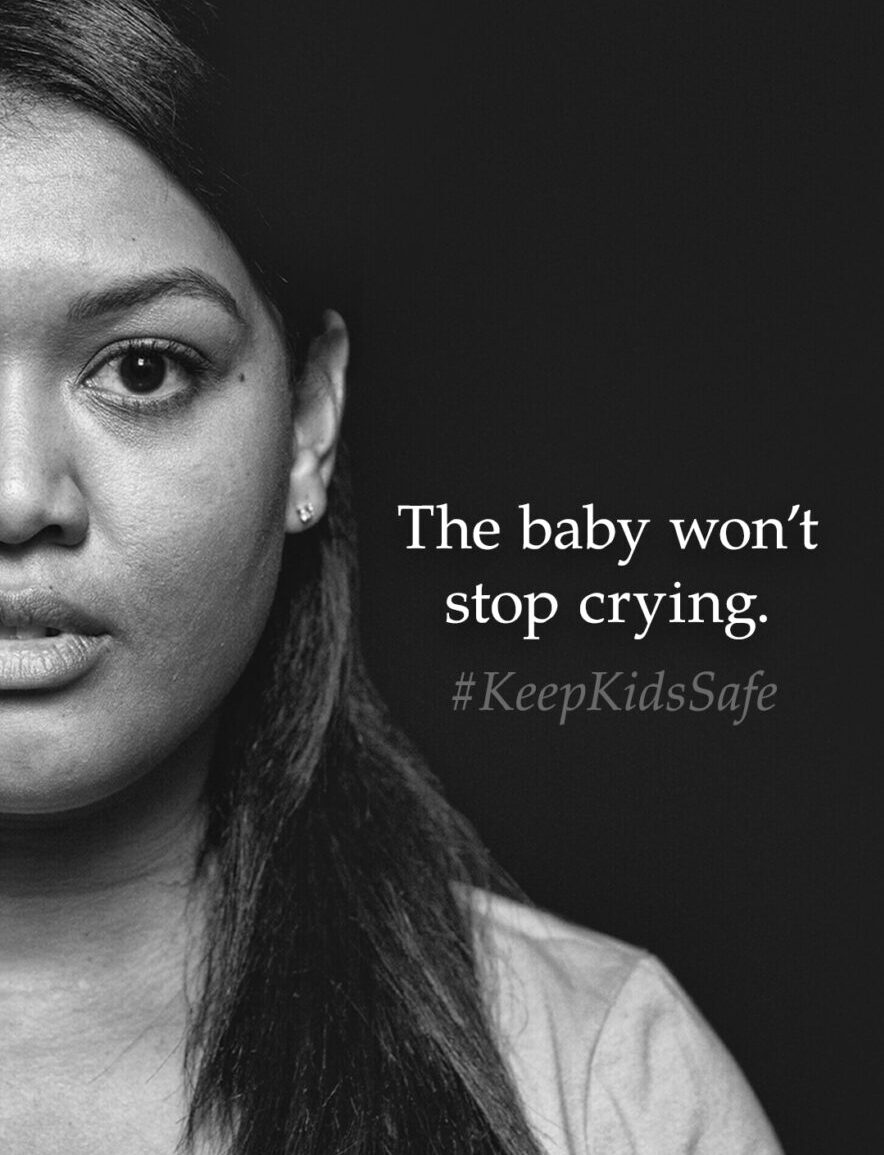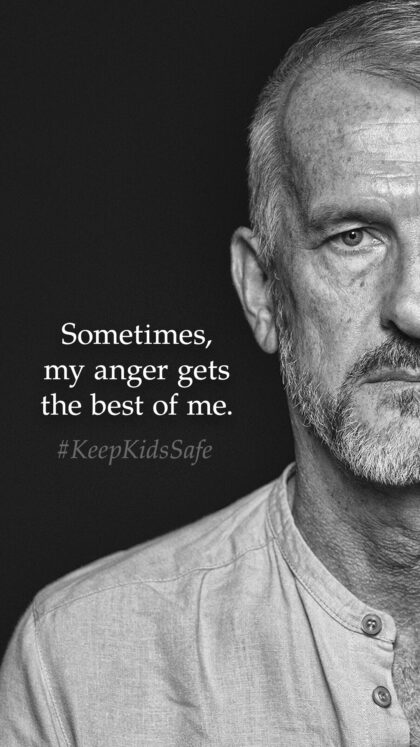Child Abuse Prevention
Strengthening Families, Preventing Harm, Thriving Children
Children need safe, stable and nurturing relationships and environments to thrive; parents and caregivers need to feel safe and supported as well to thrive as caregivers. Resilient Lehigh Valley recognizes that we can all play a role in protecting children and supporting caregivers by building trust, connecting to services, modeling healthy relationships, reducing isolation, celebrating strengths, equipping with skills, fostering strength and resiliency.
Together, we can prevent child abuse and strengthen families.
What actions can you take to support a struggling parent or caregiver? What steps can you take to support a vulnerable child?
We ask you to share these Child Abuse Prevention resources (tips, awareness messages, PSA videos, flyers) within your schools, agencies and networks. Equip the helping professionals in your network to recognize the signs of possible child abuse or neglect, to empower parents and caregivers with healthy parenting strategies and local resources for support, to connect with parents and caregivers who might feel overwhelmed and isolated and need to know they are not alone and help is available.

If something does not look safe, sound safe or feel safe, report it.
HOTLINE: 1-800-932-0313
To connect a family in need with resources:
Lehigh County: 610-782-3200
Northampton County: 610-252-9060
If you suspect immediate danger, call 911.

Keep Kids Safe - Parents, it's ok to need help.
Resources to share with parents and caregivers
Parents are facing new stresses, school and business closures, work-from-home, family confinement, isolation, and economic instability. Through all of this, children are particularly vulnerable. When children are tired, hungry, or afraid, bad behavior is a natural reaction. For many, it’s the only coping mechanism they have. Take care of your children. Take care of yourself.
Ask your children:
• How’s everyone getting along today?
• Are you worried about anything?
• What are you doing for fun?
Ask yourself:
• Is everyone okay?
• Can you get everything you need?
• Do you need any help right now?
Do this for you:
• Sit comfortably and close your eyes. Do absolutely nothing.
• What are you thinking?
• What are you feeling?
• Is your body tense? Do you feel any pain?
• Focus on your breathing. In and out. Can you slow it down a little?
• When you’re ready … open your eyes. Tell yourself, “I can handle this.”
Do this for your children:
• Schedule some one-on-one time. It doesn’t have to be long.
• Listen to their feelings about the current local and global situation.
• Stay positive. Keep calm and try to manage any stress you or your kids are feeling.
• Talk about the new normal we are all experiencing.
• Offer facts that are age-appropriate for them.
Other Resources
- Visit our Parents & Caregivers page for additional tools in healthy parenting, ways to manage stress.
- Call Lehigh or Northampton County Information & Referral numbers to talk with someone and get connected with services and supports that a family may need
- 211 is another helpful tool to share with families to connect with services and supports they might need

Keep Kids Safe - Parents, you are being heard.



